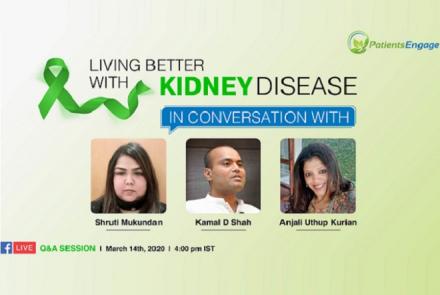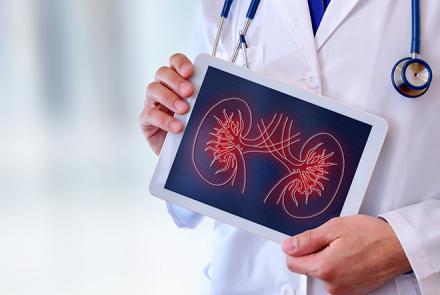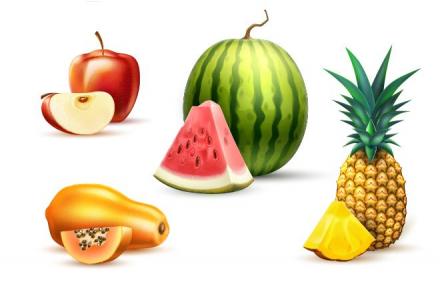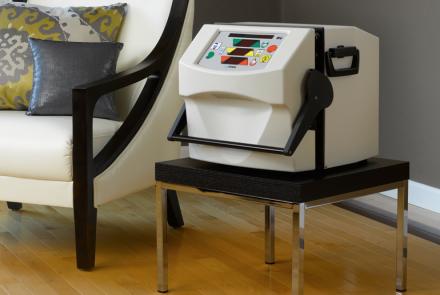
Dr. Pankaj Deshpande, Consultant Pediatric Nephrologist talks about urinary bladder issues like bedwetting and urinary tract infection and how they link to Kidney Disease. Previously in Part 1 we talked about the issue of kidney stone among young children.
What is nocturnal enuresis (bed wetting) ? Till what age is it considered acceptable?
As children grow, they achieve bladder control. By the time they are 3 years old most children will have achieved control of the bladder in the day time. This means that they will indicate when they want to go and void urine. The ability to control urine at night when children are sleeping is achieved at different ages. Involuntary passage of urine when the child is sleeping at night in bed is called nocturnal enuresis.
As mentioned above, the control of the bladder at night is achieved at different ages. Thus at 5 years of age, 25% children will still be wetting at night. This number decreases to 5% at 10 years of age and 1% at 15 years of age. If it is isolated, it is only a maturation issue and acceptability of the problem will vary from family to family. Since there is a strong family history, one might see that a family where one of the parents was bedwetting may accept it as ‘normal’ even in a 12-year-old child while in other families, there may be anxiety if the child is wetting at 8 years of age!
In general terms, if it persists beyond 7-8 years of age and is affecting the child in psychological terms, help should be sought.
What are the causes for bedwetting?
One needs to ensure that it is isolated bed-wetting (described below). Once it is clear that it is isolated, then it is labelled as Primary Nocturnal Enuresis. The main cause of the condition is that the bladder has not yet achieved maturity to hold on to the volume of urine in the night. This maturity is attained at different ages in different children. The percentage of children bedwetting is mentioned above at different ages. Various theories have been proposed like there is overproduction of urine at night in these children or the bladder capacity is smaller but increases later. But the final fact remains that it is similar to a child walking at 10 months or 12 months. Just because the child walked at 12 months does not make that child abnormal. Similarly, here the bladder takes time to attain the maturity required to hold urine at night.
Can it be a sign of a more serious underlying (kidney) condition? When should parents be worried?
The child will need a proper examination and sometimes, some tests to ensure that there is no underlying cause for bedwetting. Spinal problems or bladder dysfunction (inability of the bladder to contract) may cause wetting in the day and night. Conditions like diabetes mellitus (excess sugar in blood) or diabetes insipidus (inability to concentrate urine) may lead to wetting also. Inability to concentrate may also be present in tubular problems of the kidneys like Renal Tubular acidosis or Bartters syndrome. Rarely a condition called Juvenile Nephronophthisis may have only bedwetting as a symptom. It is a severe condition and causes kidney dysfunction.
In general terms, one should get the child checked by a doctor:
- If the child has wetting when awake (wet underwear on coming back from school),
- Is unable to void a good quantity of urine when he/she wishes to void,
- Is passing too much urine in the day and night
- Bed wetting persisting beyond 8 years of age
- Family history of kidney illness or diabetes
Why are urinary tract infections (UTIs) common in children?
Urinary tract infection (UTI) indicates an inflammation of the urinary tract because of an infection. This could be limited to the bladder (called cystitis) or involve the kidneys (pyelonephritis). Repeated episodes of pyelonephritis can lead to kidney damage in children. Studies have shown that by 8 years of age, at least 1% of the children have had an episode of UTI.
UTIs are caused by organisms travelling upwards from the urethra. In children less than 1 year of age, the incidence of UTIs between boys and girls is generally the same. Difficulty in diagnosis because of inability of infants to express themselves, subtle symptoms like a fever without focus make it even harder to manage UTIs. Children also have various factors like constipation, bowel bladder disturbances, infrequent voiding, poor intake of fluids that makes them more prone to UTIs.
Having said that, we also should be careful about labelling all fevers as UTIs. Poor collection of urine for obtaining a urine sample often causes erroneous results and a wrong labelling of UTI when one is not present.
Urine tests have to be done by making sure the following points are followed strictly
- Urine test to be done when a child is suspected of having a urine infection. This means they should have fever without focus (any other identifiable cause) or urinary symptoms like frequency, urgency, dysuria (burning micturition) etc
- Genital area should be cleaned with soap and water
- Urine should be collected directly in a bottle either as a mid-stream sample (after discarding the first portion) or as a clean catch
- The sample should reach the laboratory within 1 hour
- In girls there should be no vulval redness
If these instructions are not followed, the results may indicate a urine infection (a positive urine culture) when there isn’t one. One also needs to be aware of what I label as ‘UTI mimics’. These are conditions where the child has symptoms of UTI but does not have one! One of the common ones is Detrusor Instability or a simpler term is Irritable bladder where the child’s bladder is sending signals to the brain at wrong times indicating fullness and hence the child passes urine frequently, with urgency, also has some day time wetting and may have dysuria. These children are wrongly diagnosed as having UTIs and receive multiple courses of antibiotics. This is very often secondary to drinks like tea or coffee or fizzy drinks that children have been taking regularly! Another condition is described below.
Why is it more common in girls than boys? Do such infections decline with age?
While true UTIs are more common in girls, one should be careful about labelling conditions that may not be UTIs as UTIs. One of the conditions is described above (Irritable Bladder). Another condition seen in girls is ‘vulval redness’. These girls have frequency, urgency, dysuria and often end up being diagnosed with multiple UTIs and receive numerous antibiotics. A proper examination usually shows the presence of redness in genital area. The pain or itching is often present throughout the day. Repeated washing and using antifungal creams make this condition worse and should be avoided.
In case of true UTIs, girls have a shorter urethra and hence are more prone to UTIs. However, constipation, poor and irregular voiding and poor fluid intake play a very important part as well.
While one may expect UTIs to decline as children grow up, it is totally dependent on whether they do all the right things to prevent UTIs as we have already discussed. It is not unusual to see older children and teenagers getting UTIs because of simple issues like constipation etc.
What is your advice to parents and children to reduce frequency of such infections?
UTIs are caused by bacteria travelling upwards via the urethra. There are certain simple things to be done to prevent recurrent UTIs
- Constipation: It is the most common cause of UTIs. With constipation there is irregular voiding and the bladder does not empty completely. This predisposes to a UTI. Treatment of constipation to clear it takes months of medications (not a few days!) and increasing roughage in the diet by including more fruits and vegetables in the diet of the child
- Irregular voiding: Children should be advised to pass urine at least 6 to 8 times per day. Delaying passing of urine allows stasis of urine leading to UTIs
- Incomplete voiding: Children are often in a rush to finish voiding to go back to playing or any other interesting activity that they are doing. That allows urine to stay in the bladder for longer. Older children should be advised to do double voiding. That means that after passing urine they should wait in the toilet, count from 1 to 20 and pass urine again before coming out
- Poor intake of fluids: This is the reason for constipation and irregular voiding. Older children should be taking at least 1.5 litres of fluids in the day
- Avoiding bubble baths, preventing vulval redness by using moisturising creams are important to prevent UTIs
- While circumcision is advised in boys, it is not done in all children. Only if they are getting repeated UTIs despite all above measures, it can be considered.
Figure 2: Preventing UTIs
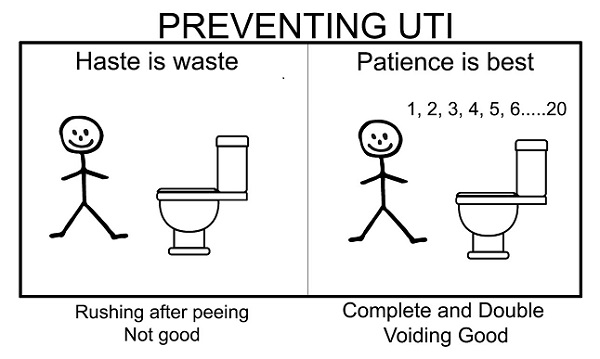
To understand about kidney stones in children, check part 1 of this series

Dr Pankaj V Deshpande, MD Pediatrics, MRCP (UK), DCH, FCPS
Consultant Pediatric Nephrologist attached to Hinduja Hospital, Mahim; Apollo hospital, Belapur; Hinduja Health care, Khar; MGM hospital Vashi
MD from Bai Jerbai Wadia hospital/KEM hospital. MRCP, UK with specialization in Pediatric Nephrology. Practiced in Birmingham Childrens Hospital, Guy’s hospital, and Southampton General Hospital, .
Many publications and presentations. Presentations at European Society of Pediatric Nephrology, Pedicon, Embicon, IAP meetings etc.

